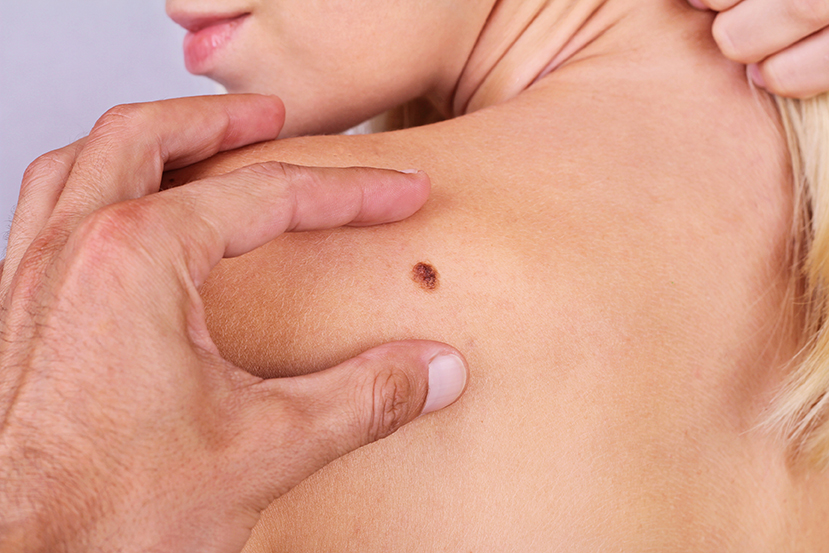- Chris Comans
- 0 Comments
Australia has one of the highest rates of skin cancer in the world. Here in Western Australia, where the sun shines bright for most of the year, staying sun-safe isn’t just a good idea; it’s a health essential. But did you know that your gender can influence your risk of developing skin cancer?
At Skin ChX Subiaco, we see firsthand how skin cancer affects people from all walks of life. One common factor that often gets overlooked, however, is the role of gender. Both men and women are at risk, but the type, location, and severity of skin cancers can differ significantly between the sexes.
Here’s what you need to know about gender-based differences in skin cancer risk, and what you can do to stay protected, no matter your sex or age.
Men Are More Likely to Develop (and Die From) Melanoma
According to data from the Cancer Council, men in Australia are almost twice as likely to die from melanoma than women. In fact, melanoma is one of the most common cancers diagnosed in Australian men.
Why the higher risk? There are a few reasons:
- Behavioural factors: Men are generally less likely to use sunscreen, seek shade, or wear protective clothing when outdoors.
- Later detection: Men are less likely to visit a skin cancer clinic for regular checks. This means suspicious spots may be detected later, often when the cancer has already progressed.
- Biological differences: Studies suggest that men’s skin may be more prone to UV damage due to differences in thickness, collagen structure, and hormonal influences.
Women Are More Likely to Detect Skin Cancer Early
On the flip side, women are more proactive about skin checks and often spot irregular moles or lesions sooner. In women under 40, melanoma is actually more common than in men of the same age. However, the prognosis is generally better, largely due to earlier detection.
Women also tend to develop melanomas on different parts of the body. For example:
- Men typically develop melanomas on the back, shoulders, and head.
- Women more commonly develop them on the legs and arms.
At Skin ChX Subiaco, we encourage everyone to book annual skin checks. We especially urge men over 50, who are in the highest risk group for deadly melanomas, to make this a non-negotiable part of their health routine.
Non-Melanoma Skin Cancers Are Also Gendered
Basal cell carcinoma (BCC) and squamous cell carcinoma (SCC) are the most common types of non-melanoma skin cancer in Australia. While BCCs are usually slow-growing and rarely spread, SCCs can become serious if not treated promptly.
- Men are more likely to develop both types of non-melanoma skin cancers, often due to greater cumulative UV exposure over a lifetime. This is especially true in outdoor workers, tradesmen, and sports enthusiasts.
- However, women are increasingly presenting with these cancers too, particularly with the rise of sunbaking and a desire for “sun-kissed” skin without adequate protection.
Hormones and Skin Cancer: What the Science Says
There’s growing research into the role of hormones in skin cancer risk. Oestrogen appears to have a protective effect, which might explain why premenopausal women tend to fare better with melanoma outcomes than men or postmenopausal women.
However, hormonal changes, such as those during pregnancy or menopause, can also affect the appearance of moles. This makes regular skin checks even more important during these life stages.
Prevention Is Always Better Than Cure
Regardless of your gender, there are a few simple steps you can take to dramatically reduce your risk of skin cancer:
- Use SPF 50+ sunscreen every day, even on cloudy days.
- Wear protective clothing, sunglasses, and a broad-brimmed hat.
- Avoid the sun during peak hours (10am to 3pm).
- Get your skin checked regularly, especially if you notice new or changing spots.
At Skin ChX Subiaco, we provide comprehensive skin cancer screening using the latest dermoscopy and imaging technology, right here in the heart of Perth’s western suburbs.
Whether you are male or female, your skin health matters. Book your full body skin check today and give yourself the best defence against Australia’s most common cancer.
